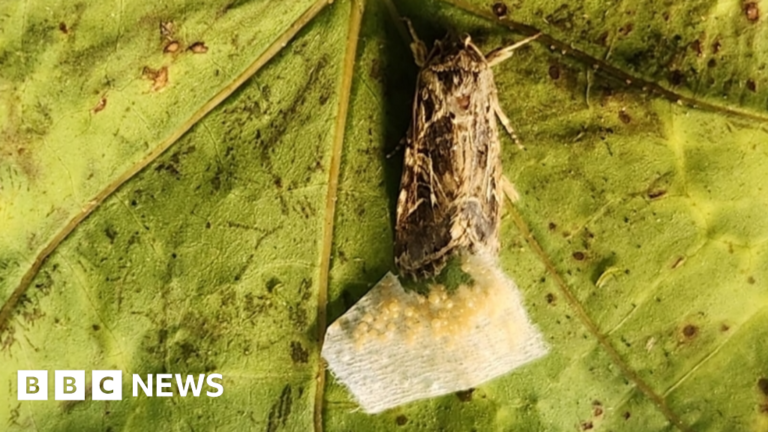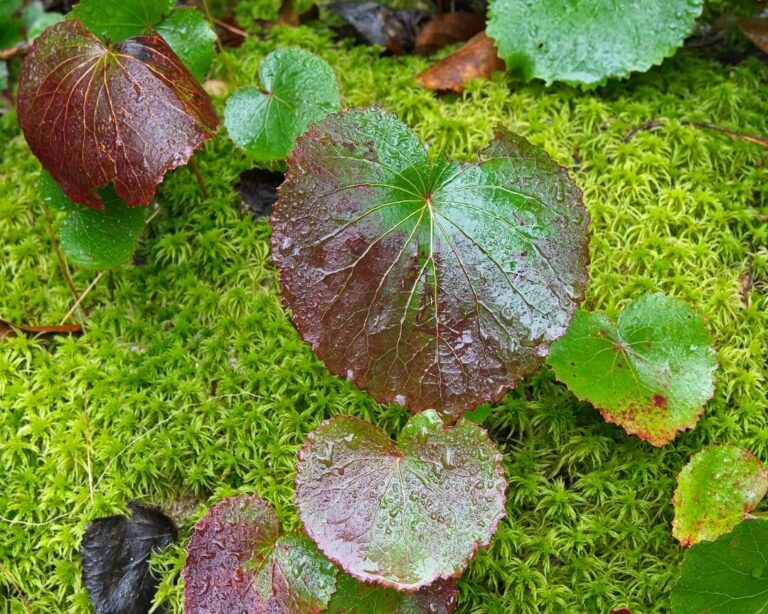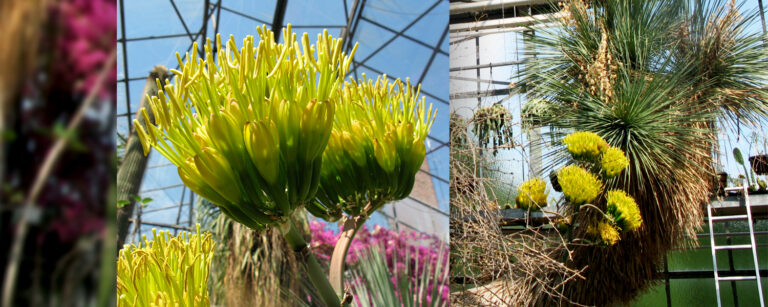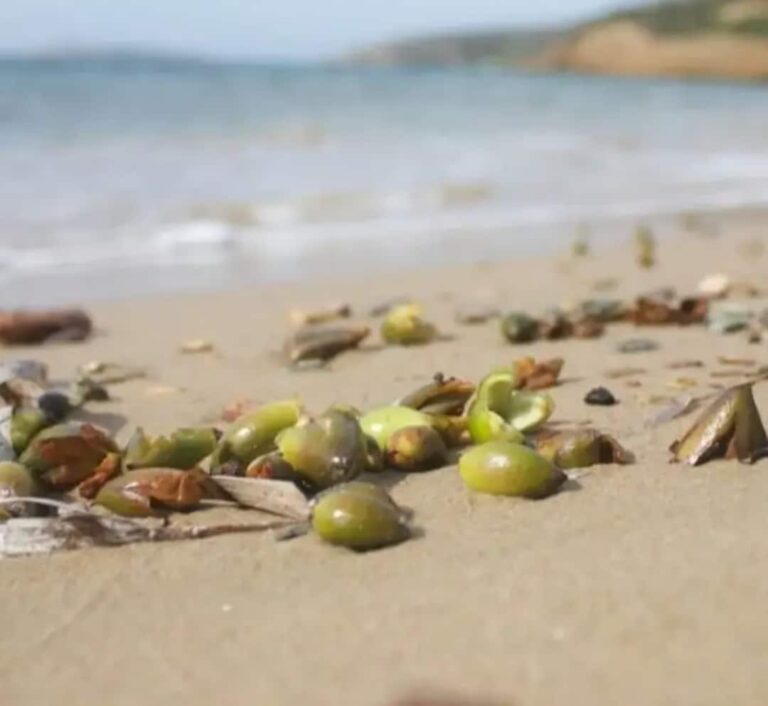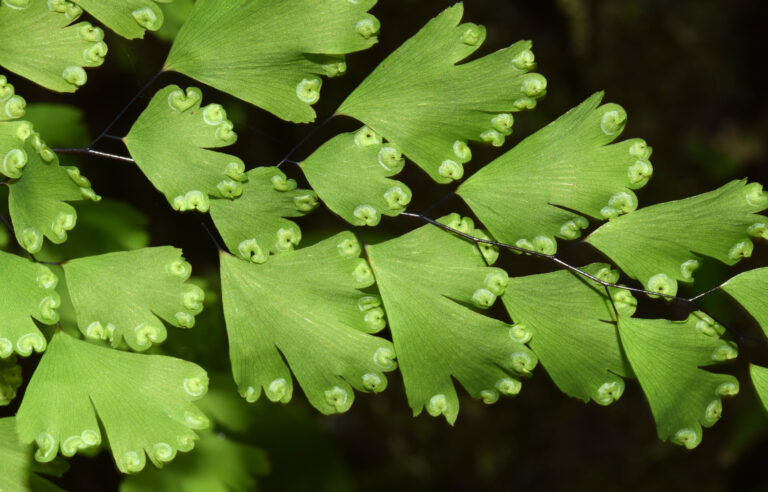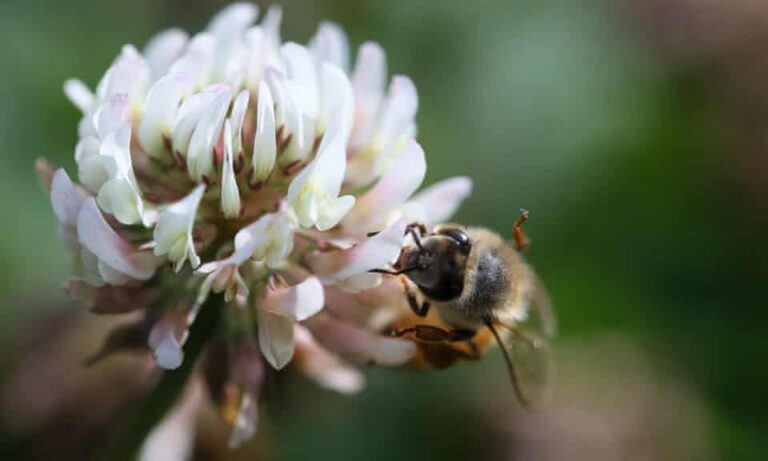Animals react to secret sounds from plants, say scientists
Listen to the sounds three different plants might make if they were stressed Animals react to sounds being made by plants, new research suggests, opening up the possibility that an invisible ecosystem might exist between them. In the first ever such evidence, a team at Tel Aviv University found that female moths avoided laying their…

